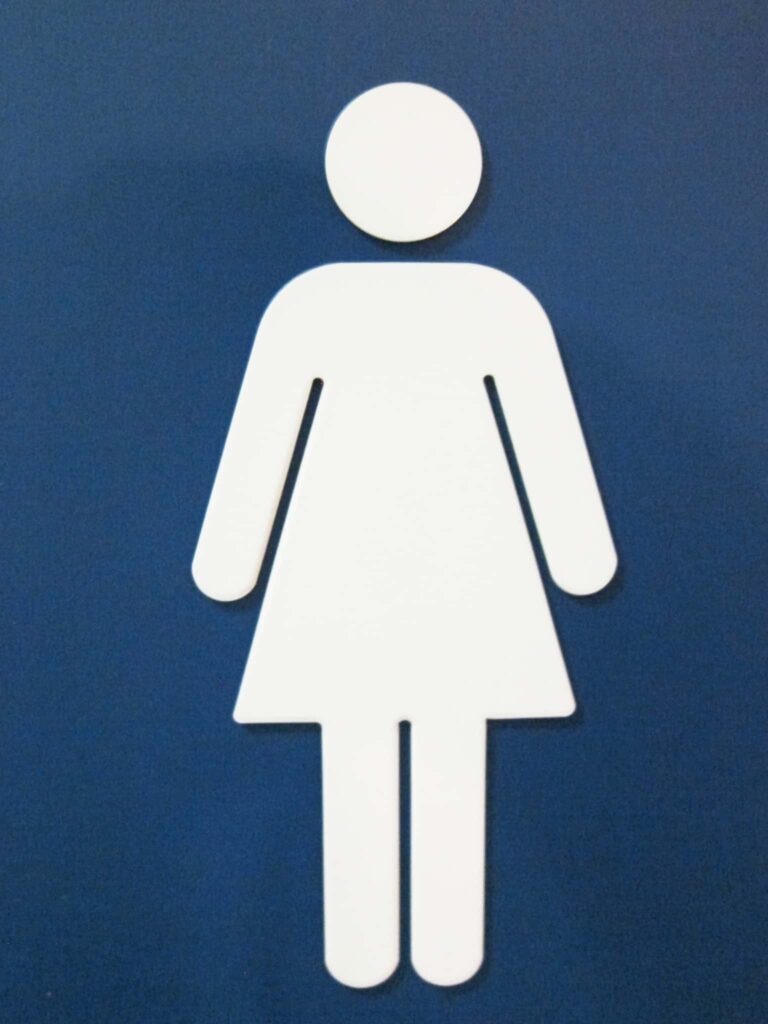Gender discrimination in the workplace occurs when an employer discriminates in hiring or in treatment of employees based on their sex, childbirth, medical conditions related to pregnancy or childbirth, or gender. Disparate treatment is a form of sexual discrimination based on gender stereotypes.
The California Fair Employment and Housing Act and the United States Title VII prohibit gender discrimination in the workplace. While employers are allowed to hold their own views and beliefs on gender and society, it is illegal to make employment decisions based on stereotypes regarding an employee’s sex.
Discriminating against an employee because of gender is also referred to as disparate treatment. When an employer discriminates against an employee based on the employee’s gender, such as giving one sex preference in hiring, salary advancement, or promotions, that is discrimination based on disparate treatment.
Gender discrimination in the workplace often takes place in form of denying leave to workers who are entitled to it. Pregnant women are entitled to leave from work. An employer who denies pregnancy leave or takes other adverse employment action again pregnant women is liable for damages.
Unlike claims for sexual harassment, where only one employee is required for suit against the employer, under FEHA an employer can only can only be sued for discrimination if the employer regularly employs at least five people. For violations under Title VII, 15 employees are required for a lawsuit against the employer.


